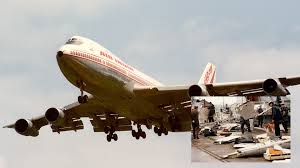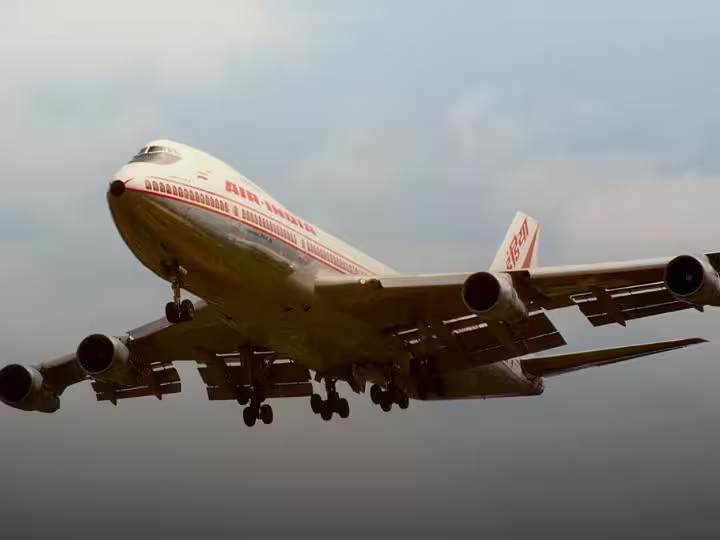On June 23rd, 1985, Air India Flight 182, nicknamed Kanishka, was on a seemingly ordinary route from Montreal to London, with a final stop in India. However, this flight became the target of a horrific terrorist attack, shattering the lives of everyone on board.
The flight departed Toronto for Montreal, picking up additional passengers. With 329 people onboard, including crew, it took off for London. Everything appeared normal until contact with air traffic control in Ireland. A bomb, cleverly hidden in checked baggage and likely originating in Vancouver, detonated at a staggering altitude of 31,000 feet. The massive Boeing 747 tore apart, sending debris and the hopes of those onboard plummeting into the Atlantic Ocean, roughly 190 kilometers off the coast of Ireland.
This attack remains etched as the deadliest terrorist incident in Canadian history and the deadliest aviation disaster for Air India until 9/11. It transcended national borders, leaving a deep impact on both Canada and India. Among the 329 victims were 268 Canadians, 27 Britons, and 24 Indians. The list included entire families, young children, and individuals with dreams of new beginnings. This loss of innocent lives sent shockwaves across the globe, leaving a lasting scar on these communities.

Motive behind the air attack & Justice
Investigations revealed a web of motives. The attack is believed to be the work of Sikh extremist groups seeking revenge for Operation Bluestar, a controversial 1984 Indian military operation that stormed the Golden Temple in Amritsar. The Golden Temple is the holiest site in Sikhism, and its desecration by the Indian army fueled anger and led some extremists to resort to violence.
The investigation was a complex and lengthy process, marred by initial delays and missed opportunities. However, years of dedicated work by law enforcement agencies from Canada and India led to some results. In 2003, Inderjit Singh Reyat, a Canadian of Indian origin, was convicted for his role in making the bomb. However, other suspects remain at large, leaving a sense of incomplete justice for the victims’ families.

Remembering the victims
The Air India Kanishka bombing serves as a stark reminder of the devastating impact of terrorism. It highlights the importance of international cooperation in combating such acts of violence and ensuring aviation security. This tragedy also underscores the need for dialogue and understanding between different communities to prevent violence fueled by extremism.
Memorials in Canada, such as the Air India Memorial in Toronto, and India, like the monument in Pachmarhi, Madhya Pradesh, honor the victims, every year on June 23rd, these memorials become a place for loved ones and communities to gather, remember their lost ones, and call for peace and tolerance.
The Air India Kanishka bombing may have happened 39 years ago, but the memory of the innocent lives lost still serves as a powerful reminder of the cost of hate, violence and terrorism.




2 Comments
Pingback: S Jaishankar Stresses Need to Combat Terrorism on Kanishka Bombing Anniversary - INPAC Times
Pingback: S Jaishankar Stresses Need to Combat Terrorism on Kanishka Bombing Anniversary - INPAC Times